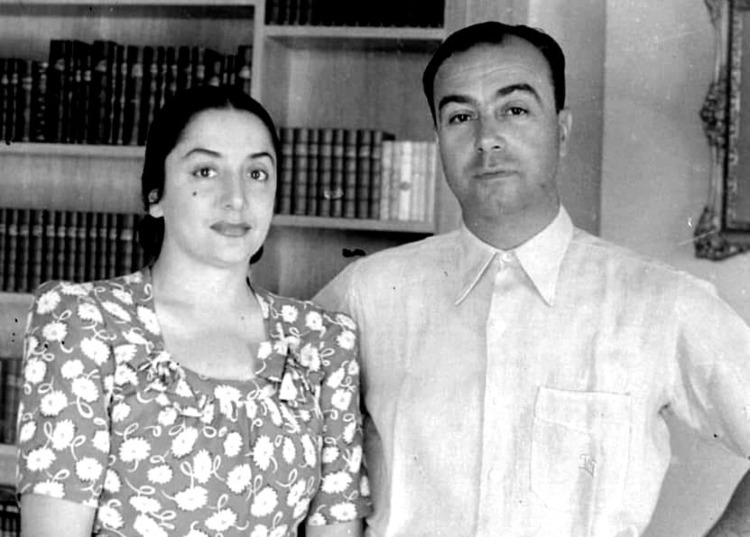Back in 1948, there were around 90,000 Jews in Egypt but if we fast forward to today, less than 20 Jews continue to live in the country, all of whom are currently residing in its capital of Cairo. Today, their population may be scant in number but their legacy and the impact they left behind is one that cannot be forgotten as many had quite the colorful history, contributing actively to Egyptian society in a multitude of ways. Let’s meet the most prominent Egyptian Jews and discover their influence on everything from cinema to music and politics.
Leila Mourad
Known as the “Cinderella” of Egyptian cinema, there was a time when Leila Mourad was the highest-paid actress in Egypt. At that time, the actress had starred in more than 28 films, ones that today are seen as classics of Arab cinema. When it comes to her personal life, Mourad was born to Jewish parents, Ibrahim Zaki Mordechai and Gamilah Salmon back in 1918. Back then, the starlet got trained by her father who was a respected singer and musician along with prominent Jewish composer Dawood Hosni, who ended up composing two songs for Mourad. Once her career kicked off in 1938, the actress took on film role after role with her most outstanding being the 1948 musical romance Ghazal al-Banat.
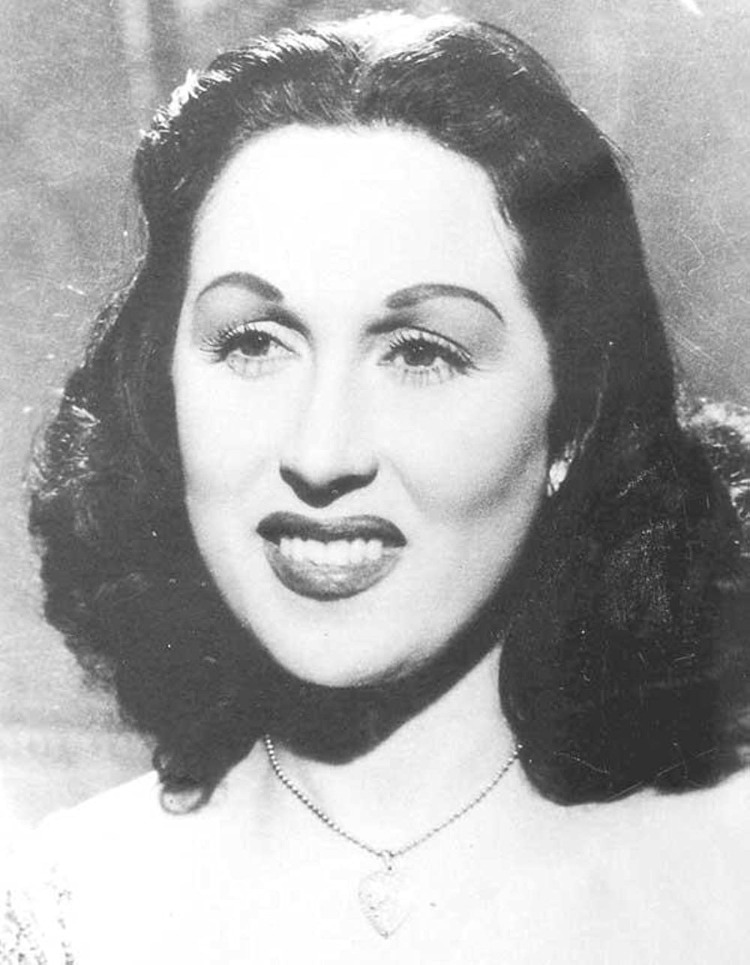
She reached a climatic point in her career when she was chosen over Um Kalthoum as the official singer of the 1952 revolution but from there, her career only went downhill once a rumor began to spread that the actress went to Israel to visit her family where she donated money to the military. This raised everyone’s suspicions that she could be a spy and many media institutions ended up boycotting her. Over time, all the charges against her were dropped because of there not being any evidence to support the allegations. Today people only continue to see and remember her as the phenomenal actress of the 30s and 40s.
Dawood Hosni
He was known as the man who composed more than 500 songs for some of the biggest names in Arab music including the likes of Umm Kalthoum, Abdu al-Hamuli, Ashmun and Leila Mourad. Born back in 1867, the story behind how Dawood Hosni became a prominent composer and musician began in the most unlikely of places, within the four walls of a printing press. Back then, he would bind books together at the press while his melodious voice ended up catching the attention of Shaykh Mohammad Abdo who took on Hosni and encouraged him to hone his craft.
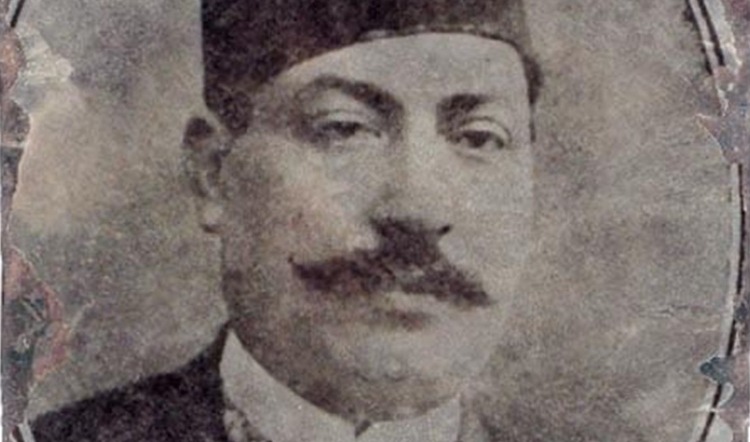
From there the musician learnt how to play the oud and followed that by singing adwar (a type of colloquial music) composed by ̕Abdel Rahim al Masloub, Al-Hamuli and Muhammad ̕ Uthmân. When he turned 20, that was when he himself began composing adwar and overtime, he solidified his artistic creativity and began introducing new styles to the art of music and “Maqams” of Turkish and Persian blending. Beyond colloquial music, he was a pioneer in the world of Opera as the first in the Middle East to compose music for an entire Opera in Arabic. His talent was celebrated and veneered, in 1906 he was awarded first prize at the Musical Congress in Paris for his composition of the infamous hit “Assir El’ Eshq”, a song that still holds a special place in the hearts of the Arab community.
Negma Ibrahim
Dubbed the ‘Queen of Horror’, Negma Ibrahim managed to pave a name for herself as the bold villain in many of Egypt’s classic films including her pinnacle role as one of the Alexandrian serial killer sisters in the 1953 film Raya and Sakina. Born Pauline Edmond, the actress later converted to Islam before turning 18, changing her name to Negma Ibrahim. She was always attracted to the art of acting and was especially inspired by sister Serena who was also an actress who achieved some fame prior to leaving Egypt after 1948.
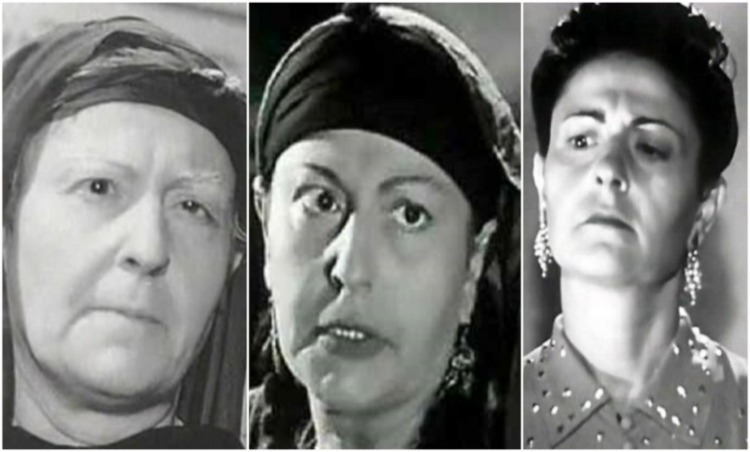
Her launch to fame was when the star took to the stage to take part in theatrical performances during the 1930s but throughout that time, she always had a love for dramas that overpowered that of musicals. For this reason she ended up entering the world of cinema, taking role after role with her most prominent being Tita Wong, Rabha and Angel of Mercy. Beyond the cinematic world, over the years, the actress felt a patriotic connection to Egypt and at one point, during the climax of Arab-Israeli conflict, she devoted the returns from her plays to the Egyptian army. Sources state that as a supporter of Egypt and Palestine against the Israeli occupation, she also ended up disowning her sister who settled on Israel. The country wanted to extend its welcome to her contribution so they awarded her the Medal of Science and Arts.
Kitty Fotstaty
Gracing the black and white screen along the likes of Ismail Yassine was a special kind of dancer by the name of Kitty Fotstaty. Exuding an addictive charm and an unparalleled smile, the dancer knew how to captivate her audiences in every role she’d take on. Born back in 1927 to a Greek family, Fotstaty slowly picked up the craft of dancing, not knowing that was going to be the key ushering her towards a life of stardom and fame.
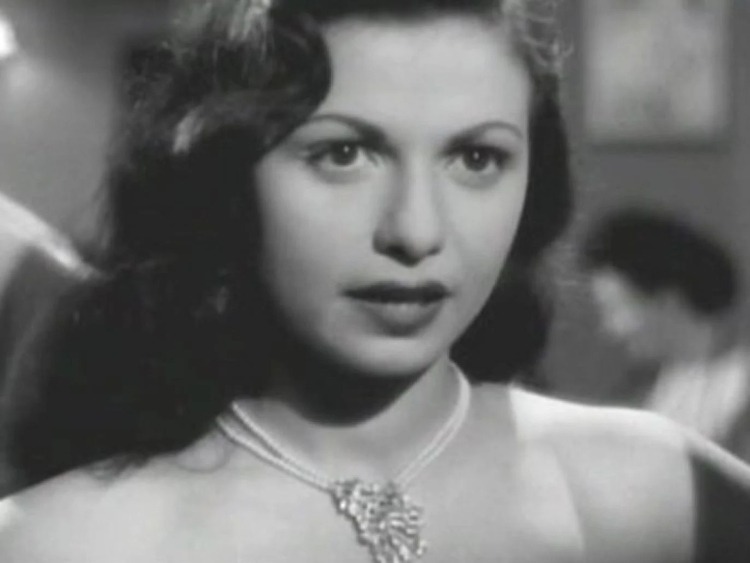
In the span of just 20 years, the dancer managed to appear in more than 60 films until the year 1960, when she mysteriously disappeared. Her disappearance left a lot of question marks among her biggest fans and theories began to circulate, the biggest of which was a rumor that the star may have been involved in an espionage network.
Yaqub Sanu
Bringing the world of stage and performance to Egypt was Yagub Sanu, known infamously as Abou Naddara who opened up the very first theater in 1870. On that very stage, around 26 plays came to life, entertaining masses of viewers with the artistry of live performances. By bringing that world to Egypt, he created a new culture and at one point in time, Governor Ismail Pasha dubbed him “Egypt’s Molière”.
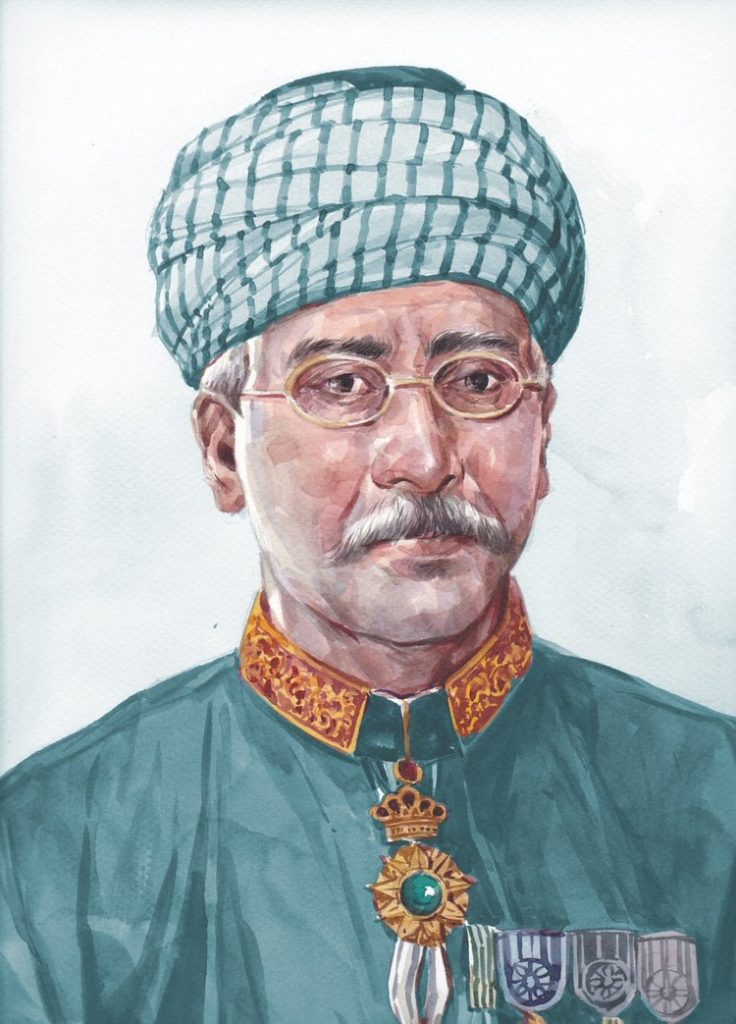
Born back in 1839, he wasn’t just a pioneer of the performing arts, he was also a polyglot and playwright, and spent time teaching at the Cairo’s Arts and Crafts School. Putting his talent on paper, Sanu also mastered the art of journalism and issued his very own magazine dubbed “Abou Naddara”. His career however as with Mourad and Fostaty was short-lived as at one point in time, the Royal Family ordered the closure of his magazine and theatre as well as his exile from the country.
Togo Mizrahi
Acting under the pseudonym Ahmed al-Meshriqi, Togo Mizrahi was one of the most prominent Jewish figures in the history of Egyptian cinema. He was able to cement himself as a prolific director of popular musicals and comedies in the 1930s and 1940s. Broadening his horizons in the cinematic realm, Mizrahi also was a producer and worked with director Ahmad Badrkhan on setting up the very first filmmakers’ syndicate in Egypt.
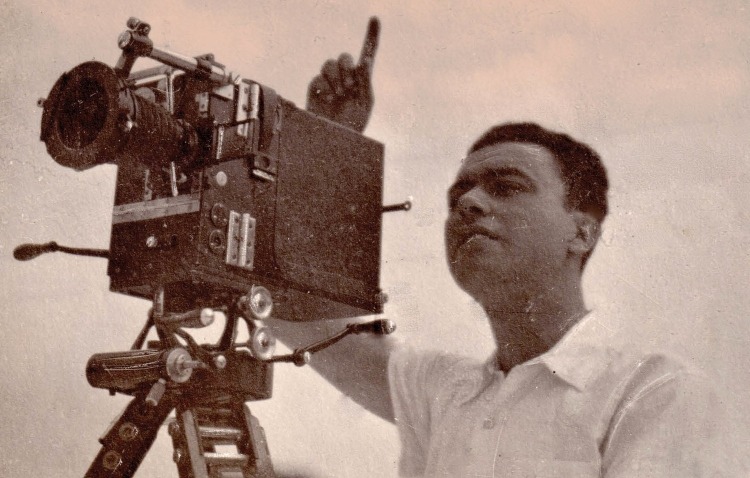
Born back in 1901, he was the child of an aristocratic Jewish family of Italian origin who had moved to Egypt in the 18th century. Despite both of his parents born in Egypt, he did not hold the nationality but that did not stop him from playing a significant role in the local film industry, making films with the likes of Umm Kalthoum and Leila Mourad. At one point, he decided to reveal his true Jewish identity when he began to make a series of films where the main character is Jewish Egyptian. By then, authorities accused him of working with Zionist organizations in Palestine and from there, he ended up getting exiled to Italy after refusing to travel to Israel.
What can be gleaned from the Egyptian Jews of the country’s history is that they knew how to retain a longstanding legacy as their names are still known and adored among the Arab community of today.


